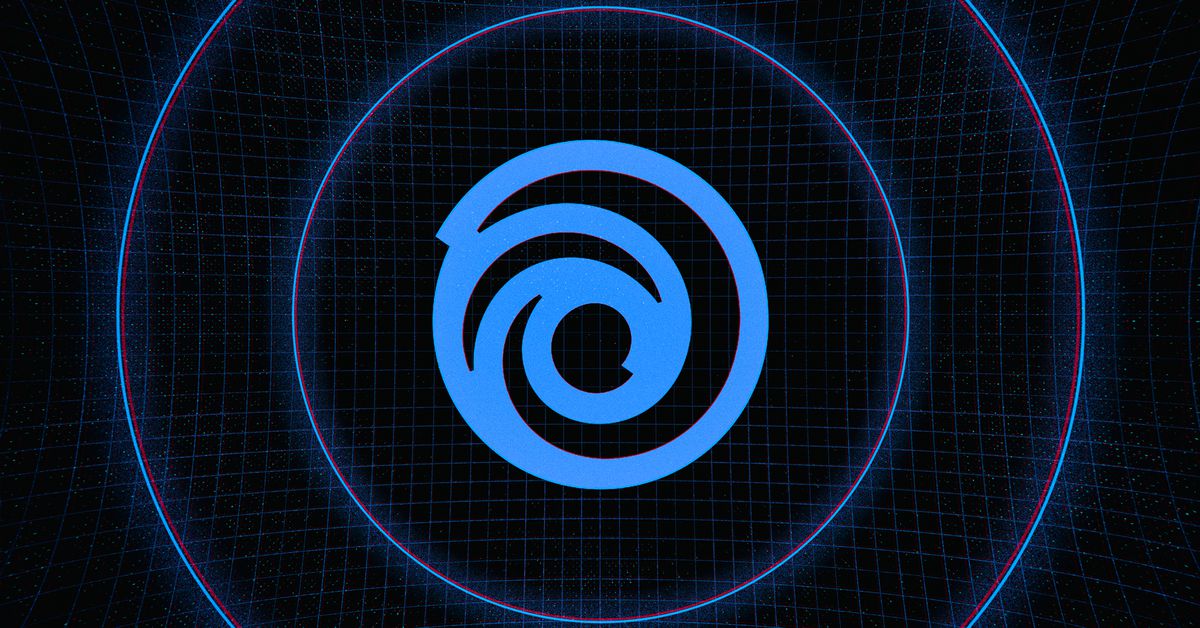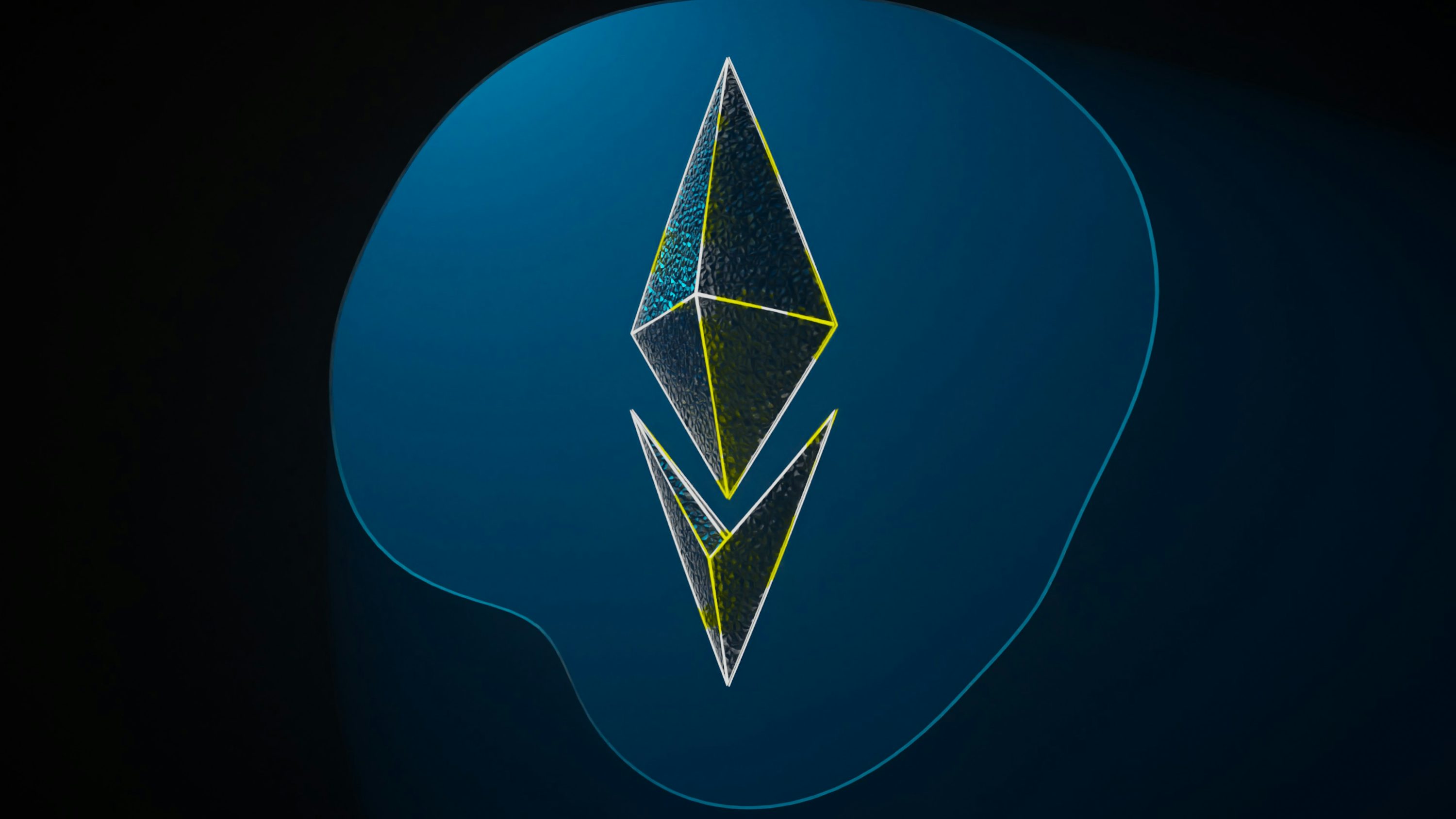Why the Dell XPS 13 Plus still beats the latest competition in little laptops
The Lenovo ThinkPad X1 Nano Gen 3 is incredibly light and reasonably thin. But it looks stale compared to the ultra-modern Dell XPS 13 Plus.
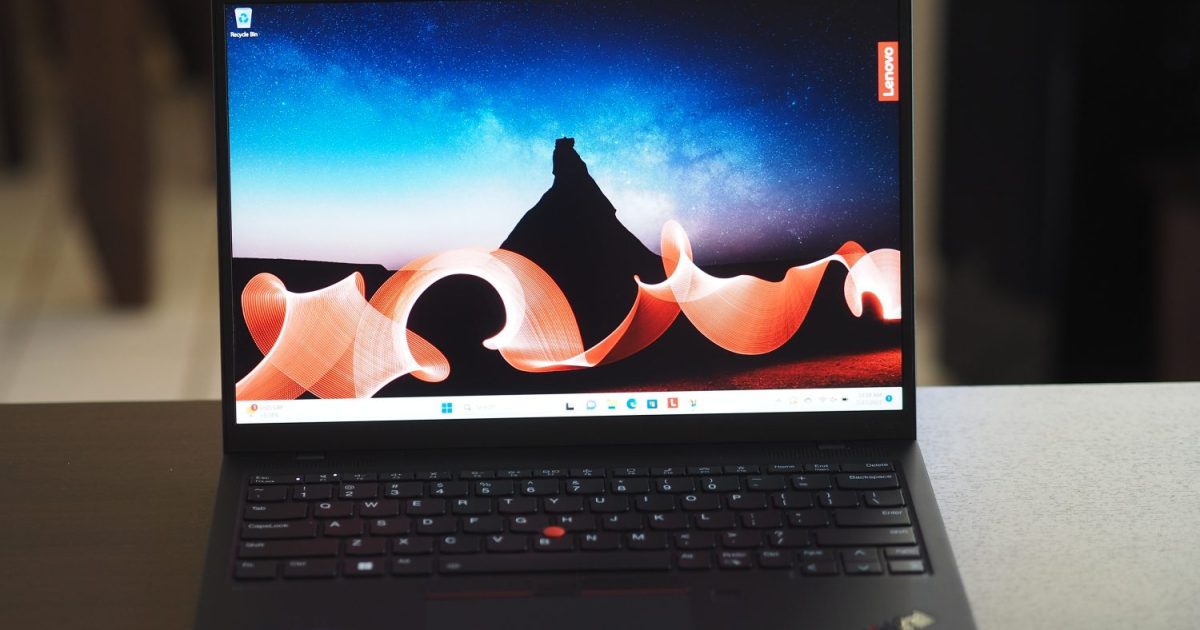
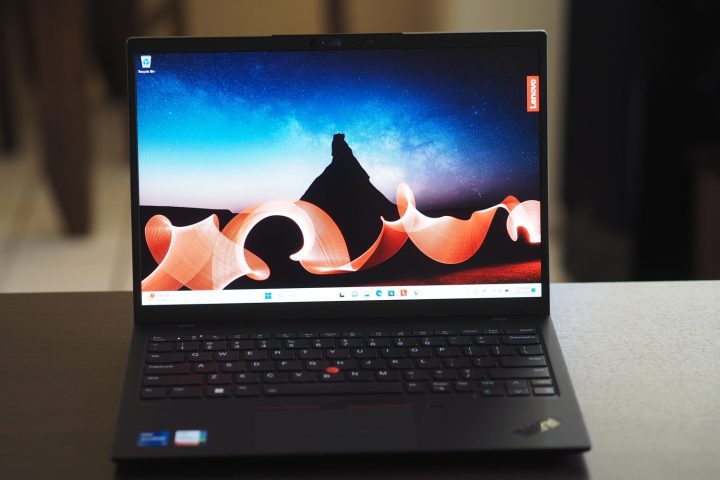 Mark Coppock / Digital Trends
Mark Coppock / Digital TrendsLenovo recently updated its smallest ThinkPad, the ThinkPad X1 Nano, to its third generation. It kept everything the same except for an upgrade to Intel 13th-gen CPUs. Dell did the same with the recent refresh of the XPS 13 Plus. These are both competent 13-inch laptops.
That was a safer direction for Dell, given that the XPS 13 Plus sports an ultramodern appearance. The ThinkPad X1 Nano Gen 3, on the other hand, remains a nice little laptop but its design is getting a bit dated. Can it compete with the more contemporary XPS 13 Plus?
Specs and configurations
| Lenovo ThinkPad X1 Nano Gen 3 | Dell XPS 13 Plus | |
| Dimensions | 11.5 inches x 8.19 inches x 0.58 inches | 11.63 inches x 7.84 inches x 0.60 inches |
| Weight | 2.19 pounds | 2.77 pounds |
| Processor | Intel Core i5-1340P Intel Core i5-1350P vPro Intel Core i7-1360 Intel Core i7-1370P vPro |
Intel Core i5-1340P Intel Core i7-1360P Intel Core i9-1370P |
| Graphics | Intel Iris Xe | Intel Iris Xe |
| RAM | 16GB | 8GB LPDDR5-6000MHz 16GB LPDDR5-6000MHz 32GB LPDDR5-6000MHz |
| Display | 13.0-inch 16:10 2K (2160 x 1350) IPS 13.0-inch 16:10 2K IPS touch |
13.4-inch 16:10 FHD+ (1920 x 1200) IPS non-touch 13.4-inch 16:10 FHD+ (1920 x 1200) IPS touch 13.4-inch 16:10 3.5K (3456 x 2160) OLED touch 13.4-inch 16:10 UHD+ (3840 x 2400) IPS touch |
| Storage | 256GB SSD 512GB SSD 1TB SSD |
512GB PCIe SSD 1TB PCIe SSD 2TB PCIe SSD |
| Touch | Optional | Optional |
| Ports | 2 x USB-C with Thunderbolt 4 1 x 3.5mm audio jack 1 x optional Nano-SIM slot |
2 x USB-C with Thunderbolt 4 |
| Wireless | Wi-Fi 6E and Bluetooth 5.1 Optional 4G WWAN |
Wi-Fi 6 and Bluetooth 5.3 |
| Webcam | 1080p with infrared camera for Windows 11 Hello | 720p with infrared camera for Windows 11 Hello |
| Operating system | Windows 11 | Windows 11 |
| Battery | 49.6 watt-hour | 55 watt-hours |
| Price | $1,217+ | $1,399+ |
| Rating | 4.5 out of 5 stars | 3.5 out of 5 stars |
The ThinkPad X1 Nano Gen 3 starts at $1,217 for a Core i5-1340P CPU, 16GB of RAM, a 256GB SSD, and a 13.0-inch 2K IPS non-touch display. Fully configured, it’s $1,895 for a Core i7-1370P vPro, 16GB of RAM, a 1TB SSD, and the same panel but with touch.
The XPS 13 Plus starts a bit less expensive, at $1,299 for a Core i7-1360P, 16GB of RAM, a 512GB SSD, and a 13.4-inch FHD+ IPS non-touch display. Right now, Dell has limited the CPU options in its web store, so the high-end config is the same processor with 32GB of RAM, a 2TB SSD, and a 13.4-inch 3.5K OLED display for $2,099.
The XPS 13 Plus tops out at a higher price, but it offers a lot more for the money.
Design
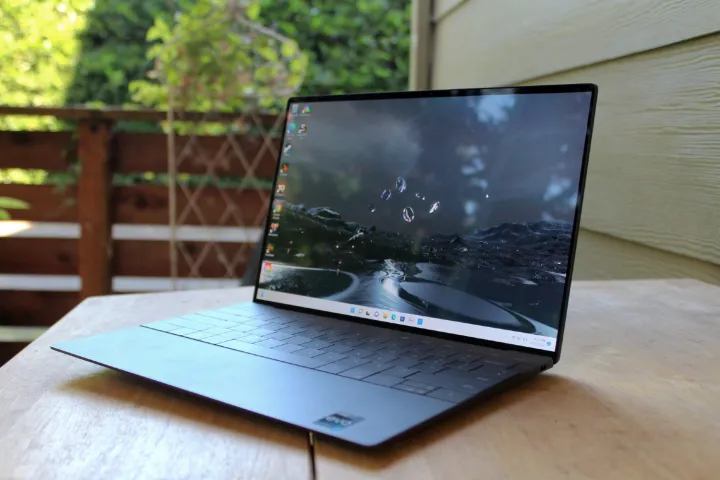 Digital Trends
Digital TrendsThe ThinkPad X1 Nano Gen 3 retains the same ThinkPad-esque design as its previous generation. It’s all-black with a few red accents and is recognizable as an old-school ThinkPad from a distance. It’s constructed of a carbon fiber lid and a magnesium-aluminum allow in the chassis bottom. That makes it incredibly light while still feeling reasonably durable with just flexing in the keyboard deck.
The XPS 13 Plus presents a much more modern look thanks to its sleeker lines, tinier display bezels (the ThinkPad suffers with large plastic bezels on the top and bottom), hidden haptic touchpad for a sleek palm rest, and edge-to-edge keyboard. It’s made of aluminum and is more solid than the ThinkPad while being considerably heavier.
The keyboards are very different as well, with the Dell’s offering light, springy switches compared to the firmer, longer switches on the ThinkPad. Both keyboards offer lots of key spacing, but the XPS 13 Plus version requires a little getting used to thanks to zero space between keys. The Dell’s haptic touchpad is significantly better, offering more space than the ThinkPad’s whoich loses real estate to two buttons supporting its TrackPoint nubbin. And, the XPS 13 Plus touchpad is more responsive. It takes a little while to grow accustomed to where the touchpad edges start and end.
The XPS 13 Plus is also notable for its row of LED function buttons compared to the traditional physical buttons on the ThinkPad X1 Nano Gen 3. Those are of more questionable value, designed to save space but lacking the haptic feedback of traditional keys.
Connectivity is almost identical, with both offering a pair of Thunderbolt 4 ports. Dell dropped the audio jack, though, which the ThinkPad retains. Wireless connectivity is more up-to-date in the Lenovo, and it also offers a 4G WWAN option.
Finally, the ThinkPad X1 Nano Gen 3 has a 1080p webcam that offers much higher quality than the XPS 13 Plus’s 720p version. Both offer infrared cameras for Windows 11 Hello facial recognition, and both have fingerprint readers. Dell embedded it in the power button, which is a better location than on the palm rest as with the Lenovo.
Performance
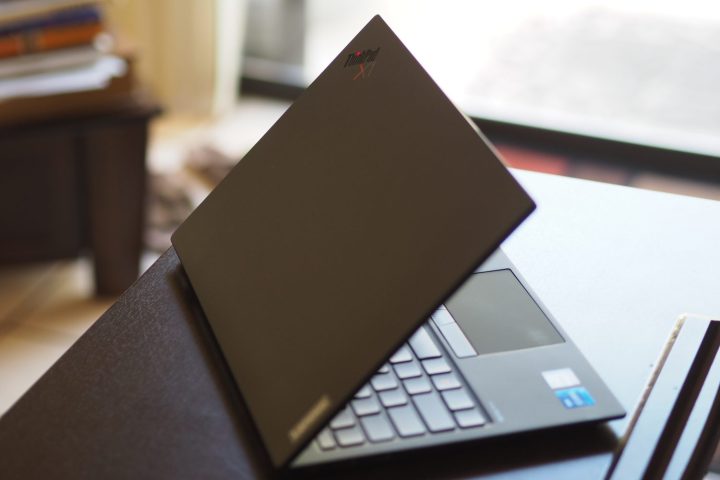 Mark Coppock / Digital Trends
Mark Coppock / Digital TrendsWe tested both laptops with the same 28-watt Intel Core i7-1360P CPU, which offers 12 cores (four Performance at 5GHz and eight Efficient at 3.7GHz) and 16 threads. It’s been a fine performer for productivity users while not holding out a lot of promise for creators.
Performance was similar, with the XPS 13 Plus pulling ahead a little in each of our CPU-intensive benchmarks. But these aren’t differences that you’re likely to notice.
| Geekbench (single/multi) |
Handbrake (seconds) |
Cinebench R23 (single/multi) |
PCMark 10 Complete |
|
| Lenovo ThinkPad X1 Nano Gen 3 (Core i7-1360P) |
Bal: 1,813 / 8,755 Perf: 1,795 / 8,877 |
Bal: 138 Perf: 109 |
Bal: 1,572 / 6,467 Perf: 1,619 / 7,301 |
5,312 |
| Dell XPS 13 Plus (Core i7-1360P) |
Bal: 1,652 / 7,640 Perf: 1,726 / 9,098 |
Bal: 123 Perf: 100 |
Bal: 1,512 / 7,417 Perf: 1,705 / 9,895 |
5,305 |
Display and audio
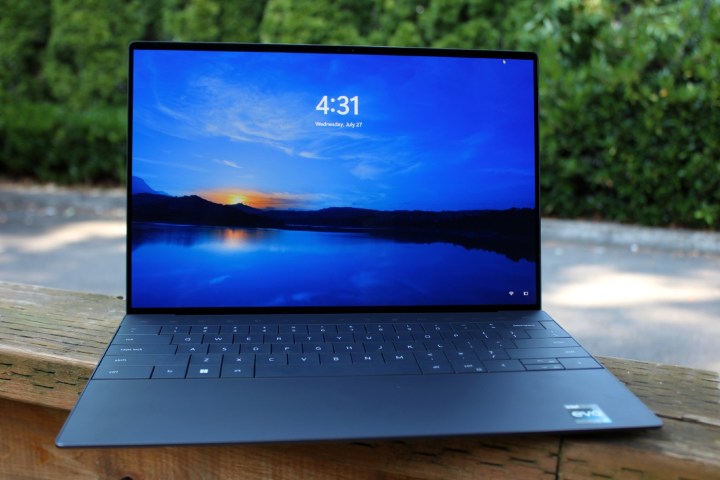 Dell XPS 13 Plus Digital Trends
Dell XPS 13 Plus Digital TrendsDell offers a wider choice of displays with the XPS 13 Plus, including FHD+ IPS, 3.5K OLED, and UHD+ IPS. Lenovo offers just a 2.8K IPS panel that’s either touch-enabled or not.
We reviewed the XPS 13 Plus with its 3.5K OLED display, and it was stunning. It’s sharper than the ThinkPad’s, and it offers much wider colors and color accuracy with incredibly deep contrast for inky blacks. The ThinkPad X1 Nano Gen 3’s display was brighter, though.
While the XPS 13 Plus isn’t powered for creators, they’ll love the panel’s colors and contrast. So will media consumers. The ThinkPad will appeal mostly to productivity users.
| Brightness (nits) |
Contrast | sRGB gamut | AdobeRGB gamut | Accuracy DeltaE (lower is better) |
|
| Lenovo ThinkPad X1 Nano Gen 3 (IPS) |
480 | 1,570:1 | 100% | 76% | 1.50 |
| Dell XPS 13 Plus (OLED) |
375 | 386,030:1 | 100% | 95% | 0.85 |
Audio quality was more equal. Both offer downward-firing dual speakers, and both put out similar audio quality. Neither stands out in this regard.
Portability
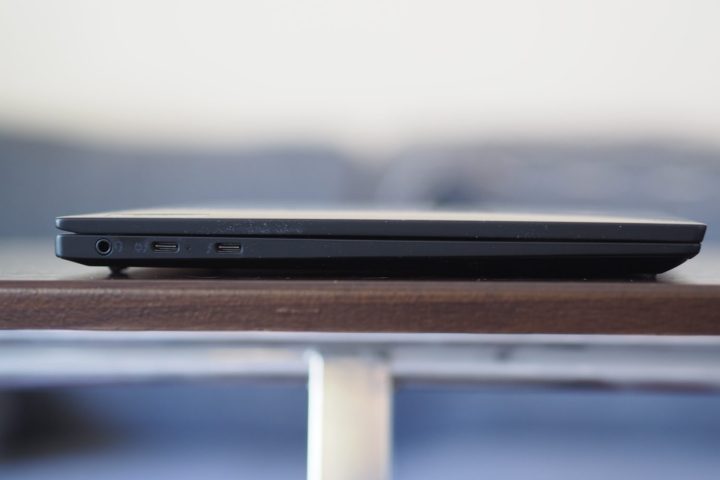 Mark Coppock / Digital Trends
Mark Coppock / Digital TrendsBoth laptops are easy to carry around, but the ThinkPad X1 Nano Gen 3 is considerably lighter at 2.19 pounds versus 2.77 pounds. That doesn’t make the XPS 13 Plus a heavy laptop, but rather the ThinkPad is one of the lightest laptops we’ve tested.
Battery life was mixed. While their battery capacities are similar, the ThinkPad has a lower-power 13.0-inch 2K IPS display compared to the XPS 13 Plus as tested with its power-hungry 13.4-inch 3.5K OLED panel. They both used the same processor and the ThinkPad managed about an hour more in our web browsing test. It was much longer lasting in our video looping test, at almost four hours more.
Those results are likely down to the displays, and neither laptop will last you anything near a full day’s charge. You’ll want to carry your power adapter with you.
| Web browsing | Video | |
| Lenovo ThinkPad X1 Nano Gen 3 (Core i7-1360P) |
6 hours, 10 minutes | 10 hours, 38 minutes |
| Dell XPS 13 Plus (Core i7-1280P) |
5 hours, 13 minutes | 6 hours, 43 minutes |
The XPS 13 Plus is a more modern choice
While the ThinkPad X1 Nano Gen 3 is a fine little laptop, with solid performance and a great build, but its design is getting a bit old. It holds its own against the much more modern XPS 13 Plus in many ways, but it just looks stale.
You’ll spend a little more for the XPS 13 Plus and your battery life will be slightly lower. But unless you’re a legacy ThinkPad fan, you’ll be much happier with the XPS 13 Plus.

 Koichiko
Koichiko 









